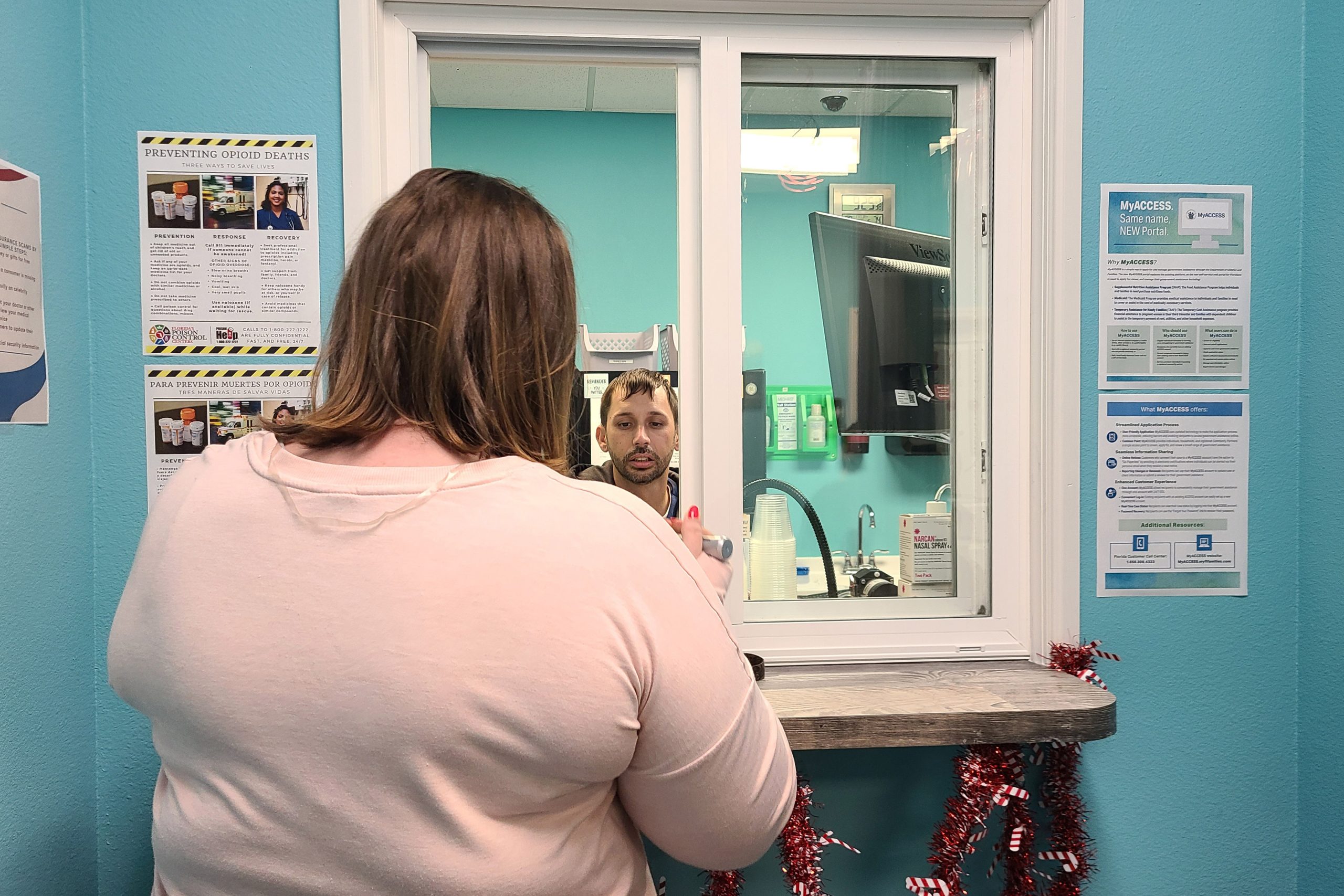As whooping cough cases rise in the U.S., a new nasal vaccine developed by Tulane University may hold the key to reducing the spread of the highly contagious respiratory disease.
Current pertussis vaccines are widely used and effective at preventing whooping cough, caused by the Bordetella pertussis bacteria. However, the vaccines fail to clear bacteria from the upper respiratory tract, allowing even vaccinated individuals to spread the disease.
The new vaccine combines the traditional pertussis antigens with an innovative adjuvant called T-vant, which boosts the body’s immune response specifically in the respiratory tract. In a study published in npj Vaccines, mice immunized intranasally with the new T-vant vaccine showed no signs of the bacteria in the lungs and nasopharynx — the upper throat area behind the nose — three weeks after infection. The bacteria remained prevalent in upper respiratory tract of mice that received the traditional vaccine intramuscularly.
“By developing a vaccine that can not only protect individuals but also prevent transmission, we hope to improve on existing vaccines and limit the spread of whooping cough in communities,” said lead study author Lisa Morici, professor of microbiology and immunology at Tulane University School of Medicine.
The T-vant adjuvant is derived from bacterial outer membrane vesicles, tiny particles that naturally stimulate the immune system. The study found that the adjuvant encouraged a mucosal immune response, spurring the activation of immune cells in the respiratory tract critical for halting the bacteria’s ability to colonize.
The study also found no adverse effects on lung tissue following immunization, highlighting the vaccine’s safety.
The findings are significant and come at a time when whooping cough cases are surging. Recent data from the Centers for Disease Control and Prevention showed a five-fold increase in U.S. cases over last year. The disease affects roughly 24 million people a year worldwide and primarily impacts infants and those with weakened immune systems.
A vaccine that can successfully prevent infection and transmission of whooping cough in humans could lay the groundwork for eliminating the disease altogether, said James McLachlan, co-author of the study and associate professor of microbiology and immunology at Tulane School of Medicine.
“These findings underscore the need for enhanced vaccines that can do more than just protect the individual,” McLachlan said. “We need vaccines that can effectively stop the bacteria from spreading within communities, and this new approach offers an encouraging step in that direction.”
T-vant was developed through support from the NIH Adjuvant Development Program.

